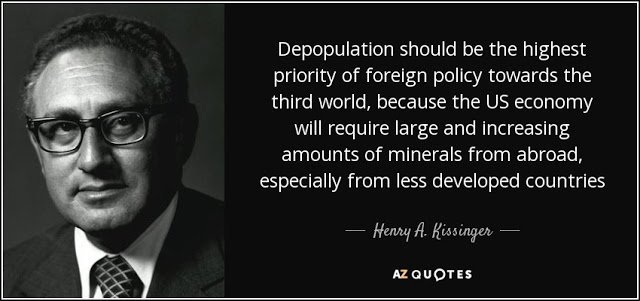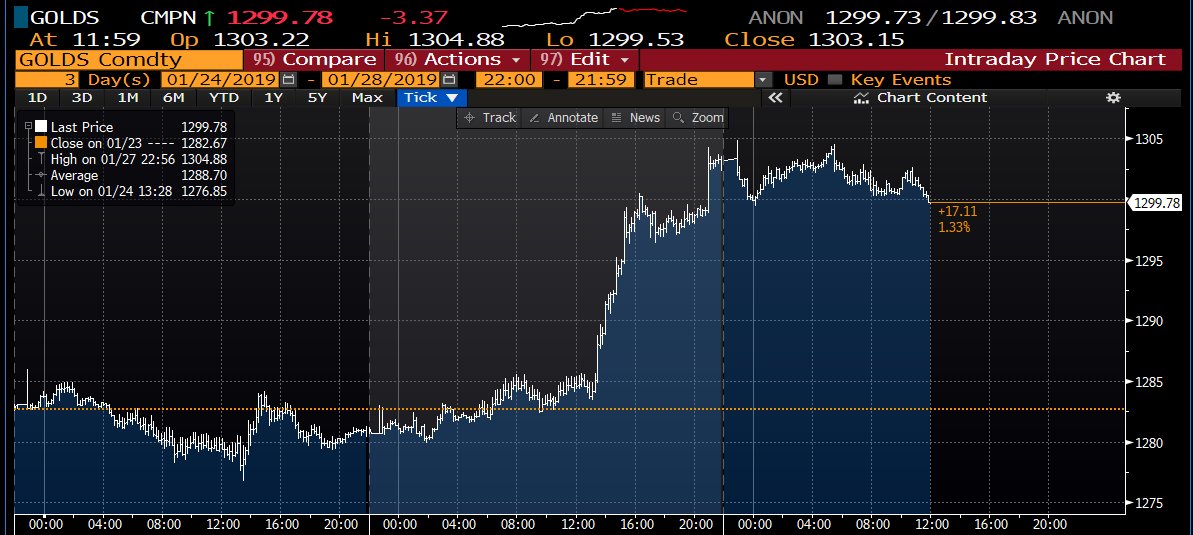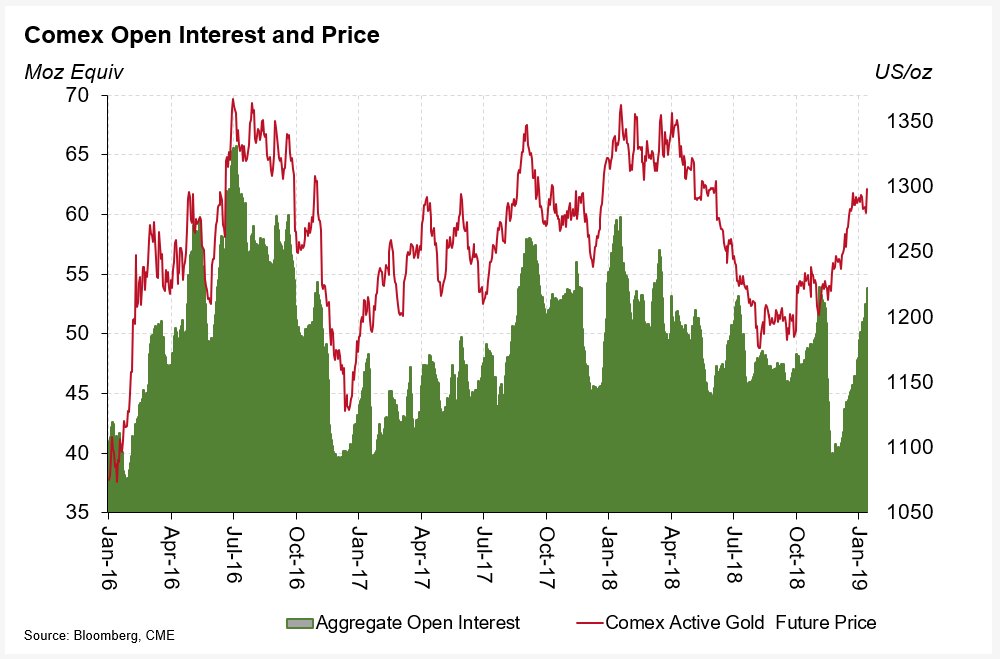
1) Price stability at home.
2) Exchange-rate stability abroad.
3) Free convertibility of money from one currency into another.
It's possible to have two, but never all three. EG:

Keep Current with David Frum
This Thread may be Removed Anytime!
Twitter may remove this content at anytime, convert it as a PDF, save and print for later use!

1) Follow Thread Reader App on Twitter so you can easily mention us!
2) Go to a Twitter thread (series of Tweets by the same owner) and mention us with a keyword "unroll"
@threadreaderapp unroll
You can practice here first or read more on our help page!









